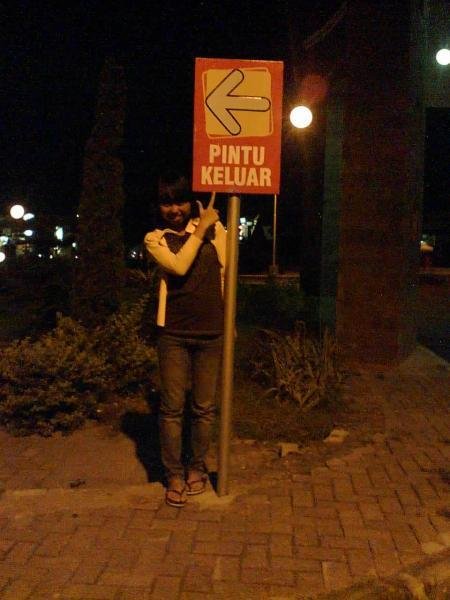
Two types of polyvinyl chloride (PVC) homopolymer are produced: rigid resins which have considerable strength and hardness; and flexible resins that contain a large proportion of plasticizers to make them soft and stretchable.
Rigid PVC resins are mainly extruded or moulded to make pipe and conduit, fittings, windows, roof tiles, fencing and automobile parts. Flexible PVC finds outlets in film and sheets, wire and cable coating, flooring, shower curtains and synthetic leather products.
Polyvinyl chloride consumption is mostly influenced by the construction industry and so demand correlates closely with economic growth. The global PVC market had been growing around 4%/year with strongest demand growth seen in Asia, in particular
Polymerisation is normally performed at 40-70oC with the vinyl chloride monomer (VCM) in a liquid state under pressure in a batch reactor. Suspension polymerisation is the most common PVC process because the resins produced are the most versatile and suitable for a wide range of applications.
Polyvinyl chloride occurs as white, amorphous, odourless powder. PVC is stable under normal temperatures and pressures but above 80oC the resin discolours and evolves hydrogen chloride.
taken from: http://www.icis.com/V2/chemicals/9074317/polyvinyl-chloride.html
accesed: Saturday December 5th 2009 at 09:40 pm


Tidak ada komentar:
Posting Komentar